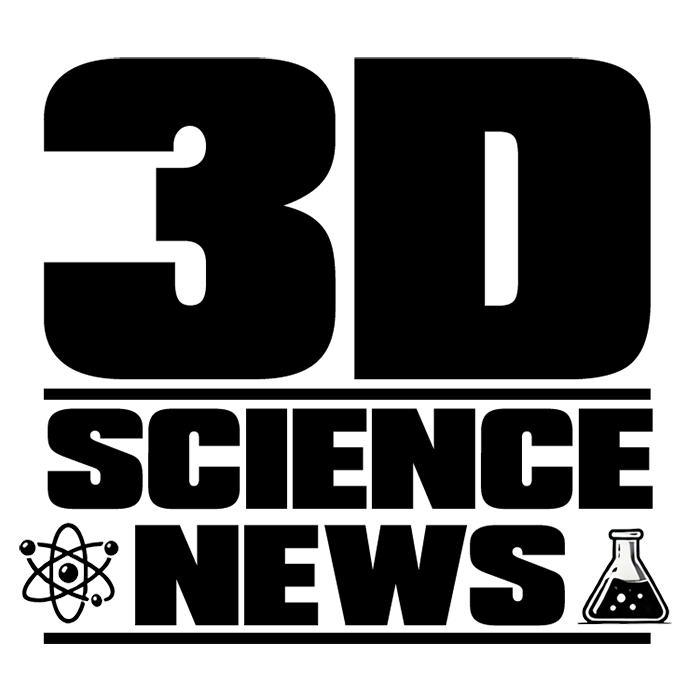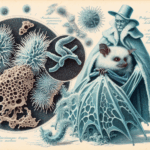NASA’s latest space saga has finally reached its climax—a daring escape from the International Space Station after nine long months in orbital limbo. Trapped not by malfunction or cosmic catastrophe, but by a maddening series of delays, Sunita Williams and Barry “Butch” Wilmore have now boarded SpaceX’s Dragon and are plummeting back to Earth. If all goes well, they’ll splash down off the Florida coast in just 17 hours, hopefully without incident.
The return mission is led by NASA’s Nick Hague, with Russian cosmonaut Aleksandr Gorbunov also hitching a ride. Hague, ever the diplomat, made sure to leave a sentimental farewell to the colleagues remaining behind: “Crew Nine is going home… excited to see what you guys accomplish.” Translation? “Enjoy the view, but we’re outta here.”
SpaceX, ever the reliable cosmic Uber, streamed every tense moment of the departure. Cameras captured Williams and Wilmore strapped into the Dragon capsule, blowing kisses at the screen—probably half excitement, half nervous energy. When you’ve spent nearly a year hurtling around the planet at 17,500 mph, even Florida humidity starts to look appealing.
Of course, no space mission is complete without a minor heart-stopping complication. Before departure, replacement astronaut Takuya Onishi noticed specks of dust on the hatch seals. Dust. On a spacecraft. In space. The kind of thing that makes engineers break into a cold sweat. Fortunately, no catastrophic decompressions followed, and the mission proceeded without incident.
Despite all the drama, their time aboard the ISS wasn’t just an extended, gravity-free reality show. Williams and Wilmore were part of critical research on long-duration spaceflight—essential knowledge if humanity ever plans to set up shop on Mars or beyond. Microgravity experiments, biological tests, and the occasional spacewalk filled their days. The nights? Probably a lot of wistful staring at Earth, dreaming of pizza and real showers.
Meanwhile, back on the ISS, the newcomers are settling in for their own extended stay. They’ll continue the scientific work, tweak a few systems, and hopefully avoid their predecessors’ predicament. No one signs up for a short stint in space expecting a spontaneous nine-month extension.
Now, all eyes are on Dragon’s descent. SpaceX has made ocean landings look almost routine, but even the best technology can’t fully eliminate risk. A fiery reentry, a high-speed plunge through the atmosphere, then—if everything holds—parachutes deploying, a gentle splashdown, and the first breath of fresh, non-recycled air in nearly a year.
And then? Medical exams, recovery, press briefings, and probably the best-tasting meal they’ve had in months. Welcome home, astronauts. You’ve earned it.
Did You Know?
- Astronauts can’t burp in space—without gravity, swallowed gas mixes with liquid, leading to something NASA calls “wet burps.” Delightful.
- The smell of space, as reported by astronauts, is oddly metallic—like burnt steak or welding fumes. Not exactly the fresh void of sci-fi dreams.
- Spacecraft are equipped with Velcro patches everywhere. Why? Because chasing a rogue floating pen for hours is not a productive use of a $100 billion lab.





